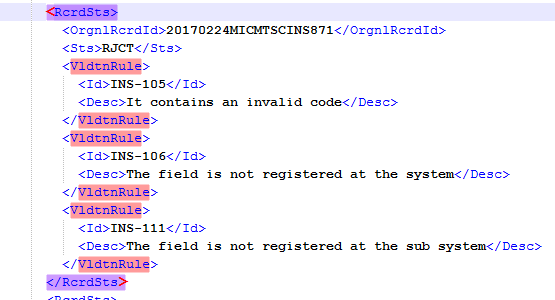How to drop and create a Temporary Tablespace
Temporary tablespaces are used to manage space for database sort operations and for storing global temporary tables. For example, if you join two large tables, and Oracle cannot do the sort in memory (see SORT_AREA_SIZE initialization parameter), space will be allocated in a temporary tablespace for doing the sort operation. Other SQL operations that might require disk sorting are: CREATE INDEX, ANALYZE, Select DISTINCT, ORDER BY, GROUP BY, UNION, INTERSECT, MINUS, Sort-Merge joins, etc.







